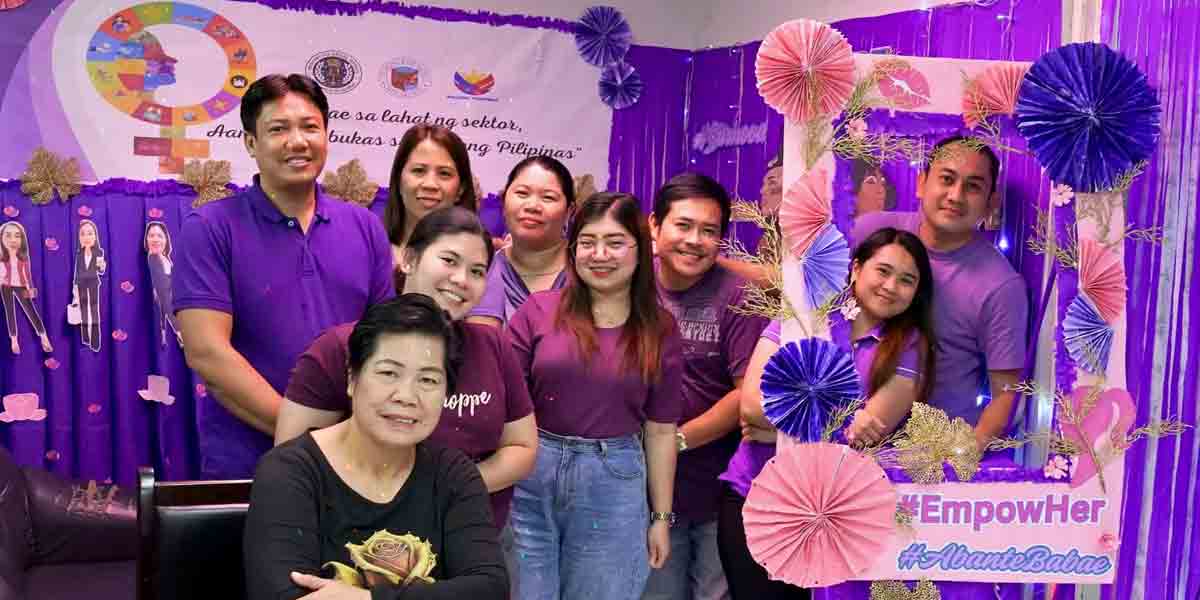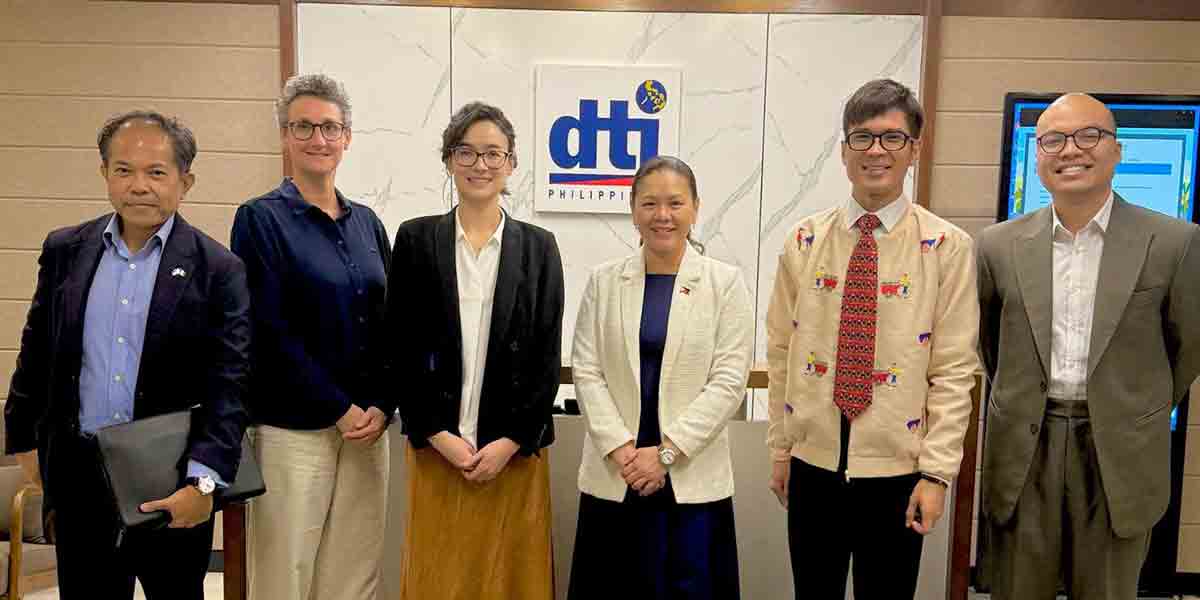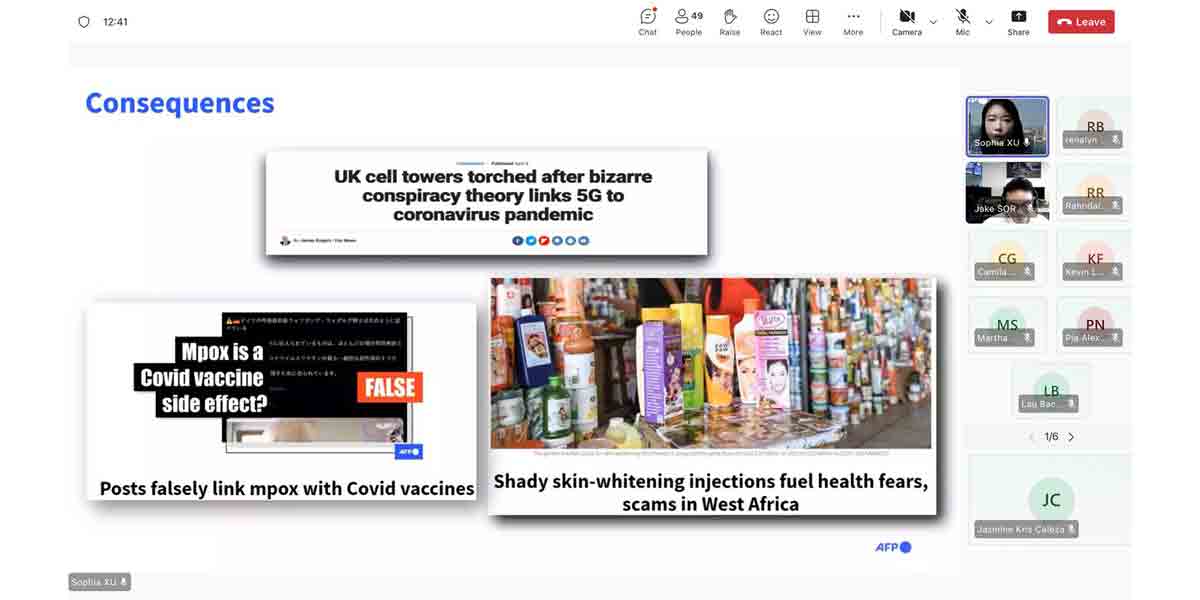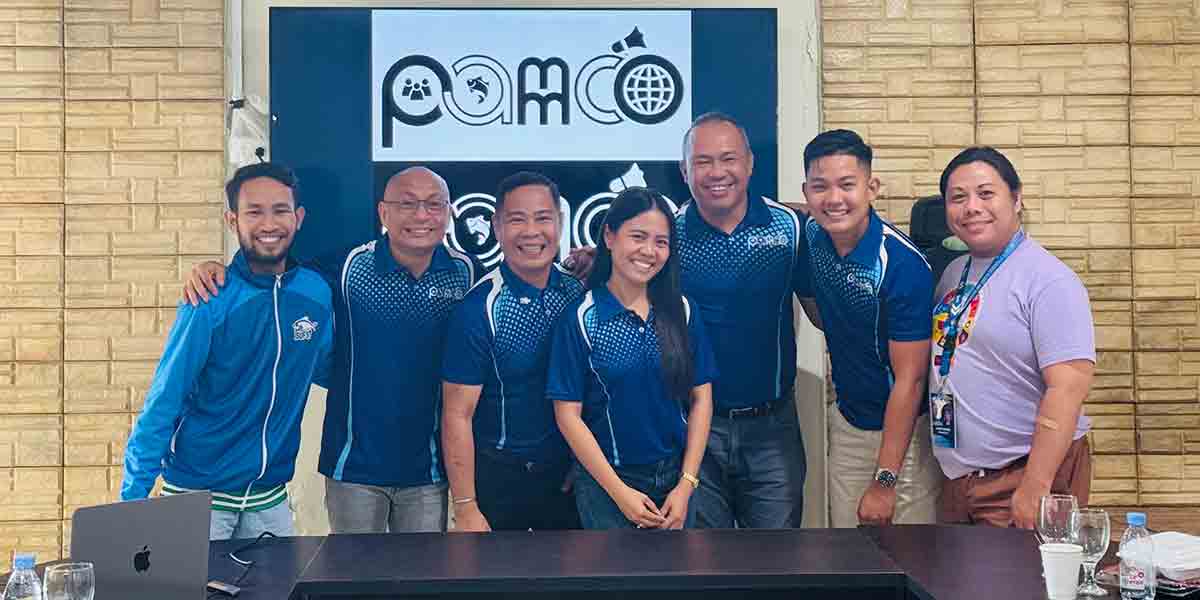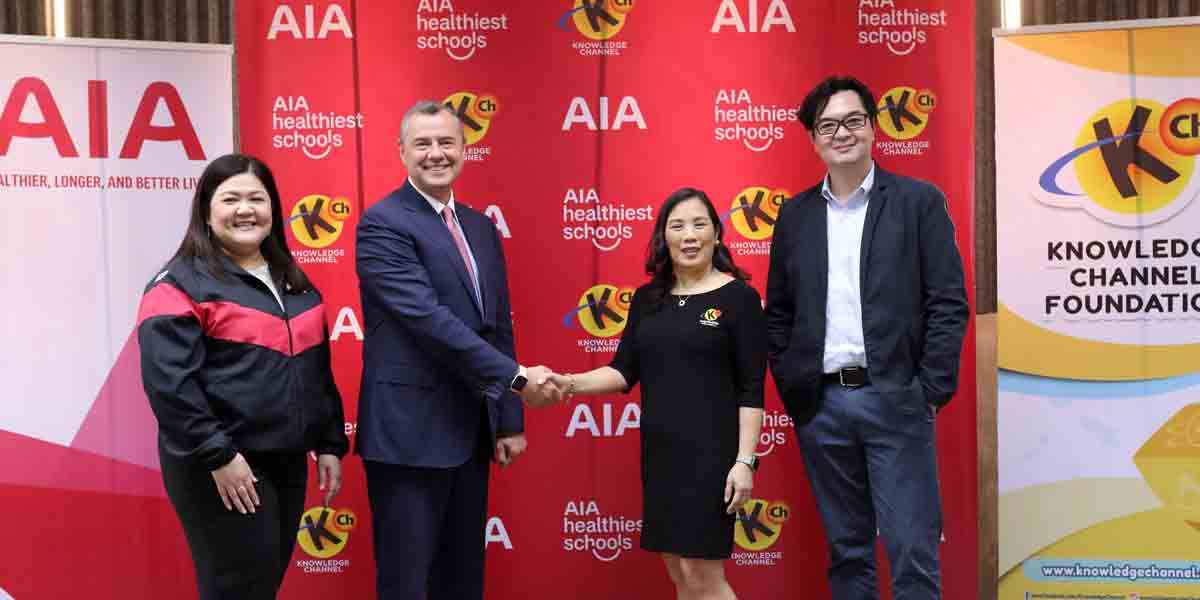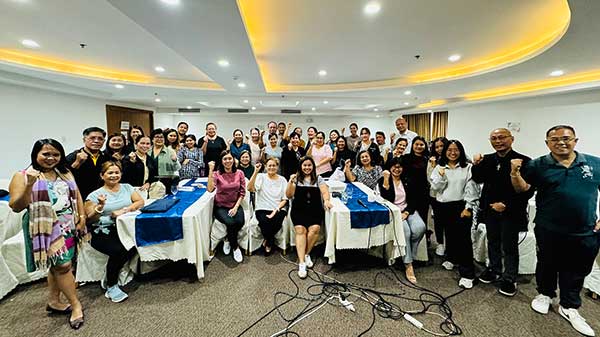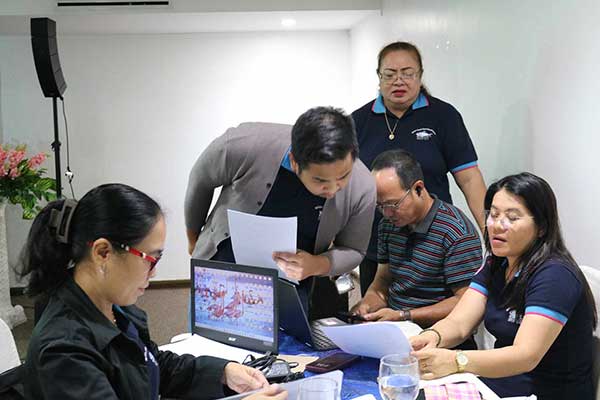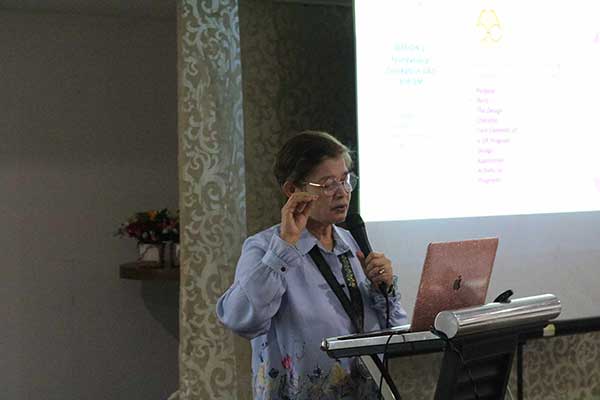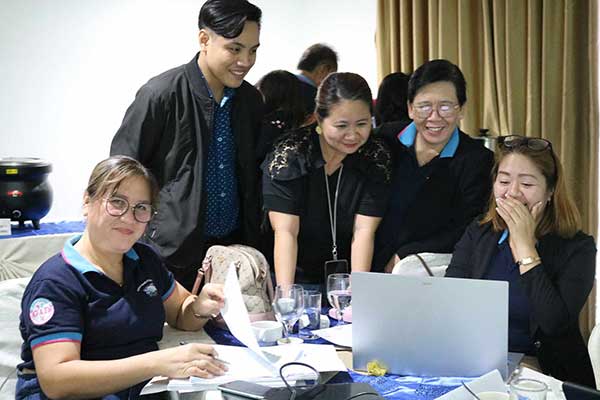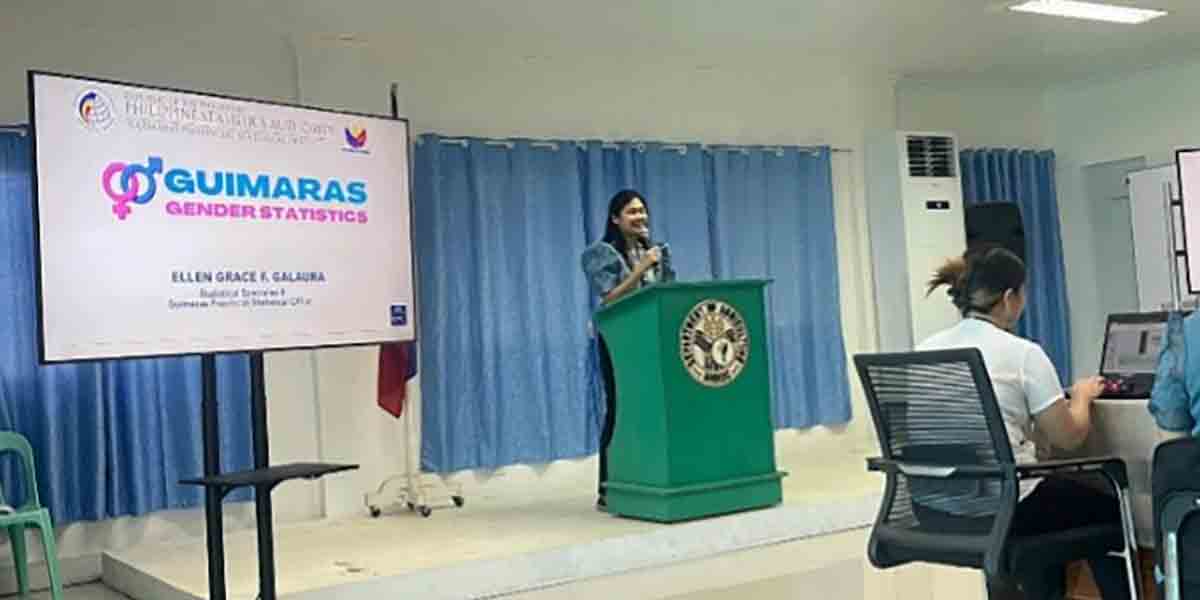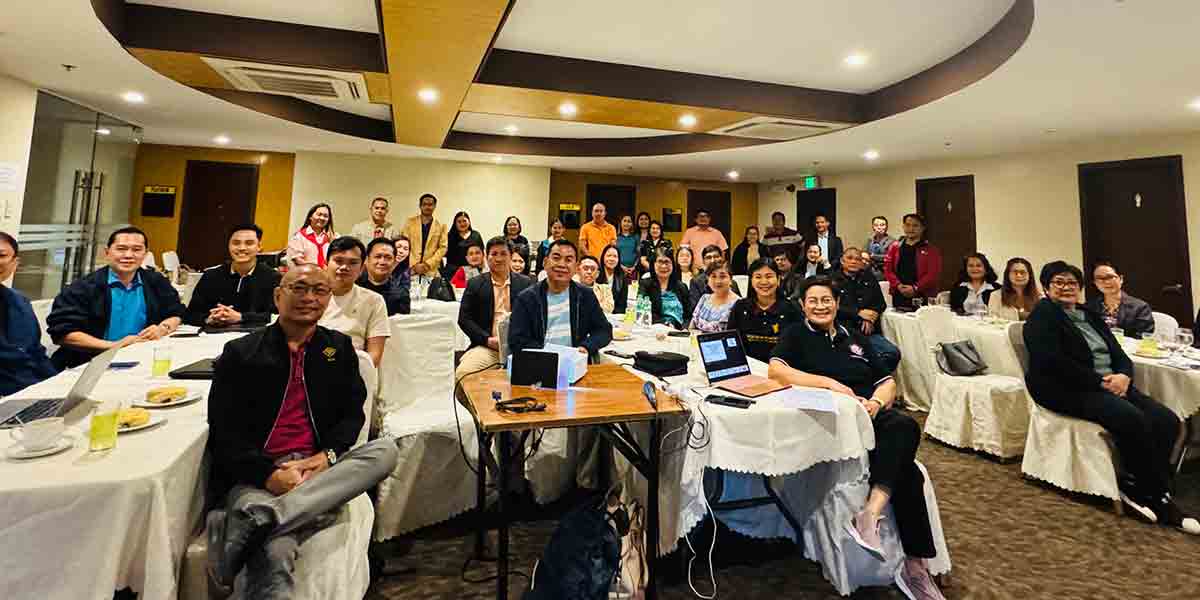Iloilo State University of Fisheries Science and Technology (ISUFST) held a two-day training on the use of the Harmonized Gender and Development Guidelines (HGDG) for its Gender and Development Focal Point System (GFPS) and technical staff. The training, held Oct. 18-19, 2024, at Grand Xing Imperial Hotel, aimed to strengthen participants’ ability to integrate gender perspectives into development projects, ensuring gender equity and inclusivity.
The training focused on addressing gender inequalities, promoting equitable opportunities, and fostering a gender-responsive organizational culture at ISUFST. Fifty participants from different university offices were introduced to the HGDG toolkit, which helps assess and ensure that development initiatives are gender-sensitive and inclusive.
The first day opened with remarks from Dr. Lenirose B. Mondero, ISUFST’s Gender and Development director, who stressed the importance of incorporating gender analysis into the university’s projects and programs. “This training is pivotal for our continued commitment to gender equality,” Dr. Mondero said. “By equipping our GFPS members and technical staff with the right tools, we can ensure that ISUFST’s projects are not only inclusive but also empowering to all genders.”
Ms. Lorena T. Yunque, an independent GAD consultant and member of the National Gender Resource Pool of the Philippine Commission on Women (PCW), led the sessions. She covered foundational GAD concepts, gender mainstreaming, gender analysis frameworks, and practical versus strategic gender needs. “Gender mainstreaming is more than just a requirement,” Ms. Yunque said. “It’s about embedding gender equality in every aspect of project planning, implementation, and evaluation to ensure we create sustainable and inclusive development outcomes.”
Dr. Johnny B. Dolor, ISUFST vice president for administration and finance, sent his greetings through a message read by Mrs. Lilibeth Petrescu. He highlighted the importance of gender-responsive governance, saying, “Gender sensitivity is not just about women; it’s about creating equitable opportunities for everyone. By harmonizing our efforts, we can ensure that both men and women benefit equally from development initiatives.”
On day two, participants engaged in workshops applying the HGDG toolkit to assess current and proposed projects, including ISUFST’s P50-million Biotechnology Laboratory, P25-million Hospitality Management Training Hub, P10-million procurement of equipment for the Research Hub, and P15-million Localization of Women’s and Children’s Policies. The workshops helped participants design gender-responsive programs to address disparities in access, participation, and leadership within the university’s initiatives.
Dr. Nordy D. Siason, Jr., ISUFST president, attended the afternoon session and expressed support for the university’s gender initiatives. “This training is crucial for advancing ISUFST’s mission,” he said. “Gender-responsive planning and implementation will not only ensure inclusivity but also contribute to sustainable and equitable development.”
The training concluded with the awarding of certificates to participants and the resource speaker. In her closing remarks, Dr. Joan M. Belga, ISUFST vice president for academic affairs, encouraged participants to apply the knowledge and skills gained during the training. “Our work does not end here,” Dr. Belga said. “We must now take these tools and apply them in our daily tasks to create a more inclusive and equitable university.”
Through this comprehensive training, ISUFST continues to demonstrate its commitment to gender equality, ensuring that its projects, policies, and activities contribute to the empowerment and inclusion of all genders within the university and beyond.




